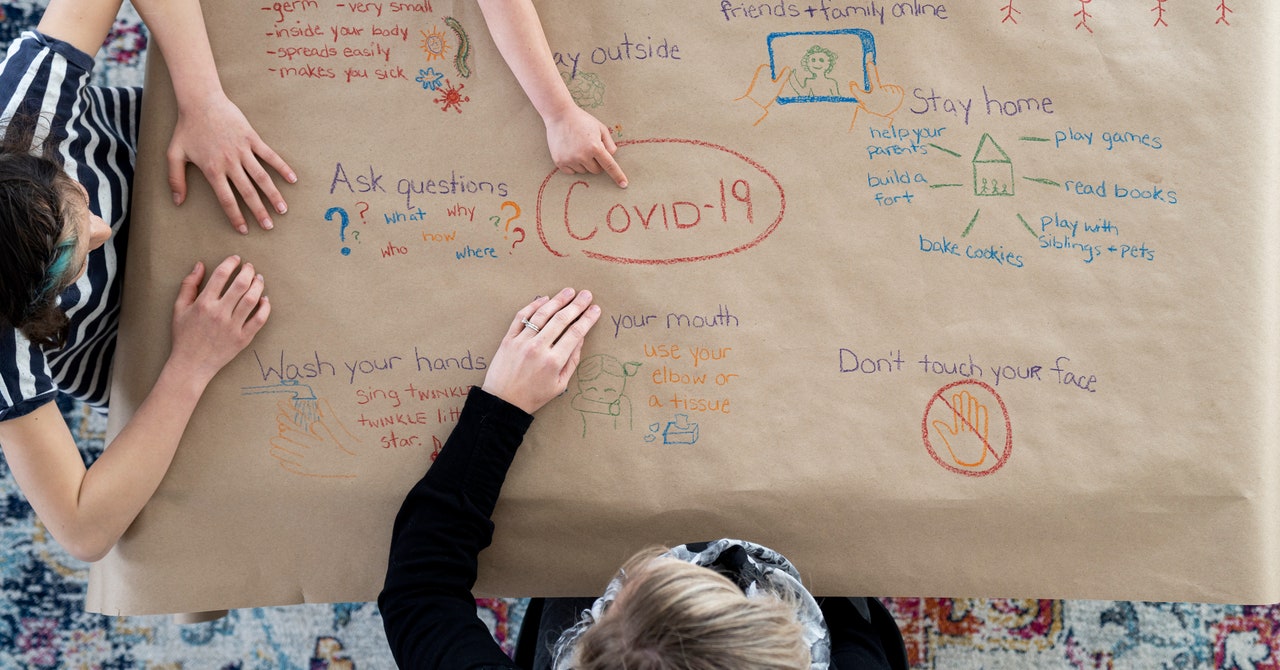
The Covid-19 pandemic has spurred what’s often called an infodemic, or the alarming spread of harmful information online. But this narrative misses the ways in which the Covid-19 crisis is simultaneously driving groups and individuals to collaboratively generate huge amounts of useful, public knowledge.
In a race to create and share resources to weather the pandemic’s challenges, communities have ushered in a golden age of a little-known economic concept: the knowledge commons. Popularized by political economist Elinor Ostrom and researcher Charlotte Hess, the term refers to an accessible repository of knowledge, usually focused on specific topics, that is collectively owned and governed by a community for mutual gain. Many knowledge commons, such as Wikipedia, GitHub, and SSRN, existed before the pandemic. But in the last ten weeks, the creation and use of knowledge commons has exploded.
WIRED OPINION
ABOUT
Natalie Chyi is a fellow with New America’s Future of Property Rights program and a fellow at the Internet Law and Policy Foundry.
Neighborhoods are creating Slack groups and communities are coming up with mutual aid spreadsheets to coordinate aid and support each other. Neighbors share information about nearby resources like food pantries, stores or restaurants still open, strategies for negotiating or deferring rent, and help to match individuals in need to individuals that can assist with errands or donations.
Local geographies have been reconstructed in online spaces, most notably as students are rebuilding their universities within Minecraft. By preserving their personal memories into digital histories, these spaces act both as a way for students to “process the sudden loss of an on-campus community,” and as a way of sharing cultural knowledge.
Grassroots efforts are emerging to collaboratively create tools and information in aid of larger Covid-related disruptions and aid efforts. Volunteers on Wikipedia have been working tirelessly to ensure that the site serves reliable and up-to-date information, especially surrounding the virus. Students are compiling master lists of summer internship updates, cancellations, and opportunities across various industries. Groups are creating crowdsourced libraries of resources tailored to the unique needs of everyone from mourners to remote workers to policymakers. New online platforms have been created for specialists like doctors, engineers, and scientists to find and contribute their expertise to ongoing relief projects. Thousands of Covid-19 related open-source projects are popping up, with the source code and documentation freely available to enable their use. Some focus on software, like code for a hospital impact model developed by the University of Pennsylvania; others on hardware, like instructions for 3D printing medically-approved masks and other critical supplies.
Finally, knowledge previously locked behind paywalls or intellectual property protections has been made available to the public for the purposes of fighting the pandemic. In an unprecedented move, companies like Intel, Amazon, Facebook, HP, IBM, Mozilla, and Microsoft have signed the Open COVID Pledge, making their patented or copyrighted inventions temporarily available under an open license. This means that the public is legally allowed to use these companies’ patents to develop vaccines, test kits, face masks, and other potentially life-saving tools. Intel alone has released over 72,000 of their patents. Major commercial and academic publishers, such as Elsevier and Springer, have also made their Covid-19 related research freely available to the public, and major newspapers have taken down online paywalls for their Covid-19 coverage.
While each unique, these cases are all organic efforts to share useful knowledge and create new venues of access. The gains of the burgeoning knowledge commons in response to Covid-19 are twofold.
First, individuals are empowered to become co-creators, co-producers, and co-distributors of information for the benefit of their communities. The need for local knowledge in this pandemic, combined with the use of digital venues like Google Sheets or Minecraft, enables individuals to participate in knowledge production when ordinarily they would not. The communities they belong to are also further empowered and supported. Peter Levine, the academic dean and professor of citizenship & public affairs at Tufts University, writes that this form of collective action and participation of place-based knowledge strengthens communities by giving them a shared sense of identity, understanding, and trust.
